Connecting employers with disabled workers
February 20, 2022
According to the CDC, 61 million adults in the United States live with a disability. This community, making up over a quarter of the population, experiences a large employment gap compared to their non-disabled counterparts. In fact, according to Forbes, in 2018, 37.6% of Americans had a job compared to 77.2% for people without disabilities, rendering about a 40-point gap in employment rates between disabled and non-disabled people.
To improve the odds for disabled Warhawks entering the job market, UW-Whitewater Employment Connections hosts a virtual event with AbilityLinks to unite disabled individuals with inclusive employers Feb. 22 from 4 – 5 p.m.
This partnership came together when AbilityLinks Program Coordinator Kate Beck reached out to Employment Connections, hoping to provide another way for students and alumni to connect with potential employers. Employment Connections graduate assistant Linnea Cochran explains why utilizing AbilityLinks can be greatly beneficial to our local disabled community.
“It can be challenging to know the culture of a company when applying for jobs, and if they’ll be accepting and accommodating to individuals with disabilities -a talent pool like AbilityLinks takes some of that guessing out of it because the employers who source candidates from this network are known to value disability inclusion and have resources to provide necessary accommodations,” says Beck.
Cochran explained that even though the event is virtual, students can come prepared by being ready to ask questions. During the event, hosted by Beck, students can expect to learn more about AbilityLinks, have questions answered, and speak with someone who is uniquely knowledgeable in both the perspective of the employers and the candidates.
“Maybe you’re curious in general about how talent pools like this work. Maybe you’re wondering how employers accommodate different disabilities. Maybe you’re not sure if something like this is a good fit for your situation. Just come to the workshop with an open mind – knowing the range of employment resources out there is so helpful in beginning your career search!” says Cochran.
The AbilityLinks workshop is just one of many opportunities Employment Connections offers. The organization’s goal is to assist students with disabilities prepare for and achieve their career goals. They do this by providing several helpful services students can take advantage of.
“To receive assistance with resume/cover letter refinement, job search resources, interview preparation, workplace accommodations, disclosing disability/self-identifying disability, and navigating Handshake, email Linnea at [email protected] to receive a link to opt-in to Employment Connections. Once you opt-in, you can indicate areas you’d like assistance with and be added to our email list where we send out upcoming workshops and employment/internship opportunities,” says Cochran.
Employment Connections vocational support intern Devin Webster says seeing student successes first hand in the forms of personal growth and skill development is one of the best parts of working with EC and encourages those seeking employment to reach out and experience the opportunities and benefits for themselves. Webster encourages potential candidates with some spirited advice.
“Always bet on yourself when it’s you on the line!” says Webster.
The path to employment looks different for everyone. Finding a job that matches the candidate’s needs is often difficult and a trial and error process. Individuals with disabilities however, may face even more challenges. Utilizing resources like Employment Connections and AbilityLinks can be advantageous for students and provide them with tools and knowledge to prepare for entering the job market, as well as connections to inclusive employers.
“Ask yourself what brings meaning to your life and what is important to you – maybe a job will align with your values or allow you to pursue your passions. Also think about your short- and long-term goals for employment – maybe one job serves as a stepping-stone to help you get a different career in the future. You’re allowed to change interests and change career paths, so never feel stuck with where you’re at! Every job can turn into an experience you talk about during an interview,” Cochran says.
For the AbilityLinks workshop email Kate Beck at [email protected] to receive the link to join. For more information on Employment Connections, email Linnea Cochran at [email protected]. The Employment Connections office is located at 260 W. Main St.













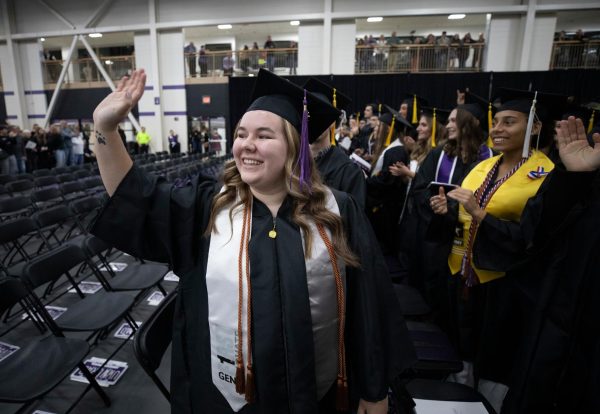
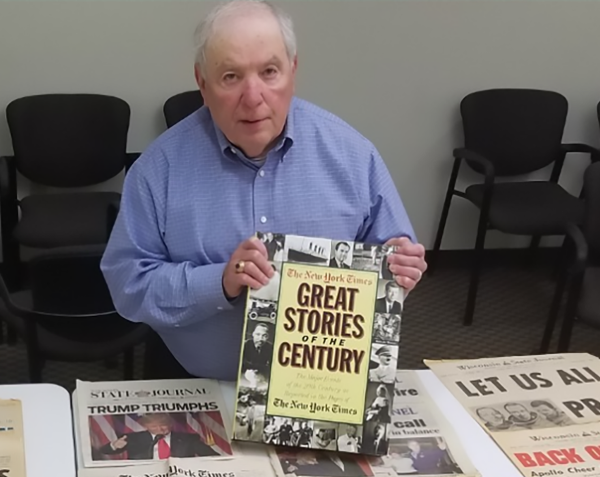
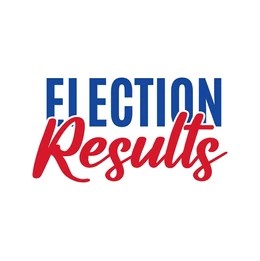
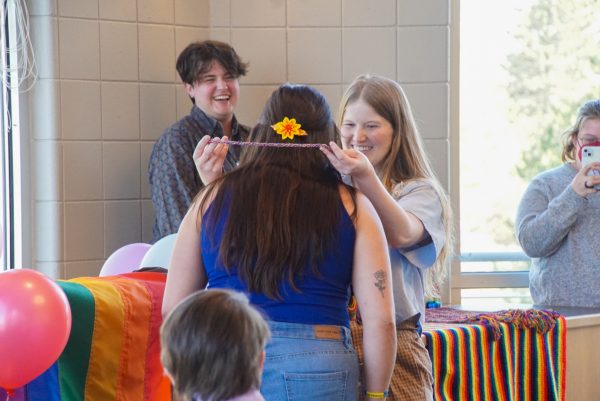

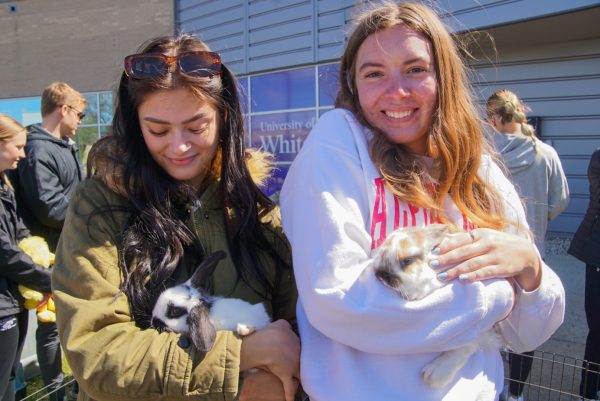

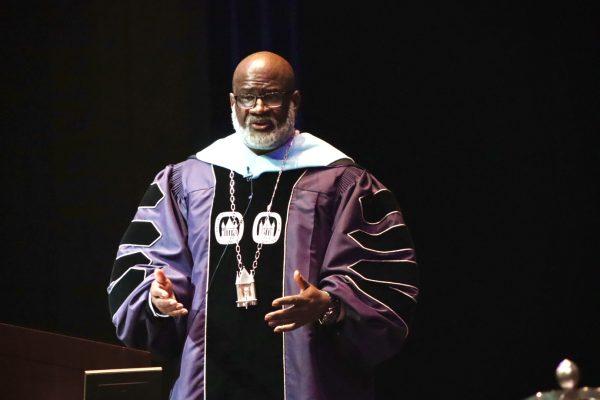
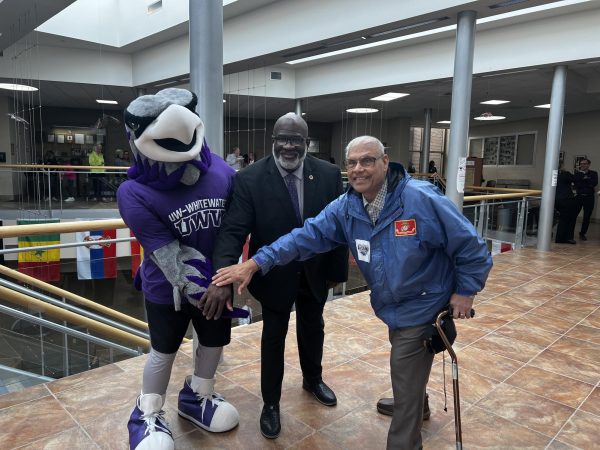


Vicky • Feb 21, 2022 at 6:45 pm
Excellent article on the article of folks with disabilities. Well written with a lot of information.